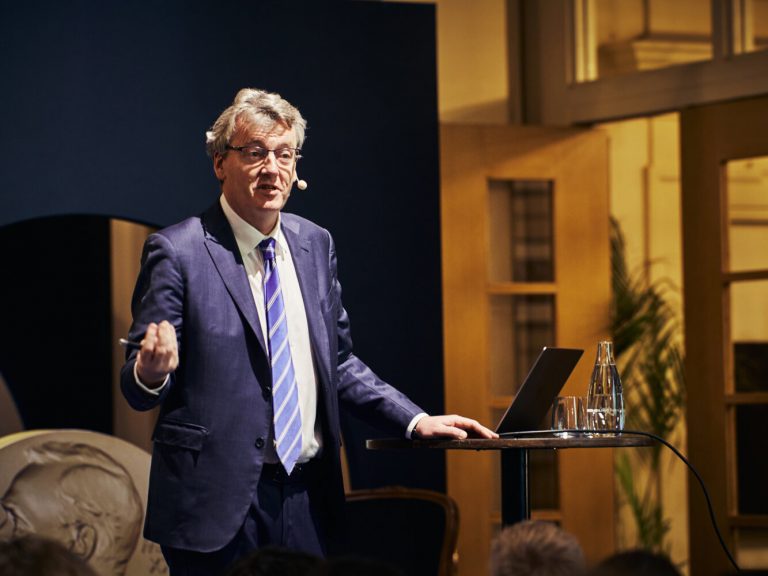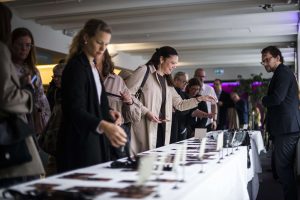Nobel Prize laureates, top scientists and peace activists will participate at the Nobel Prize Teacher Summit 2024. Read more about the speakers, panelists, and team behind the summit here.
Speakers
David MacMillan, Nobel Prize in Chemistry, 2021
Sara Bengtsson, Associate Professor in Psychology at University of East Anglia
John H Falk, Founder and CEO of the Institute for Learning Innovation
Armita Golkar, Associate Professor at Stockholm University
Agneta Gulz, Professor of Cognitive Science at Lund University
Anders Hansen, Psychiatrist, Speaker, and TV show host
Joakim Landahl, Professor in Education at Stockholm University
(More names to come…)
Nobel Prize Museum Team
Carin Klaesson, Content Manager of Public Programs
Gustav Källstrand, Chief Program Editor
Helena Barrett, Education Director
Anna Ålander, Museum Educator
Isak Petersson, Museum Educator
Paulina Wittung Åman, Museum Educator
Pontus Thunblad, Museum Educator
Sara Engkvist, Museum Educator
-
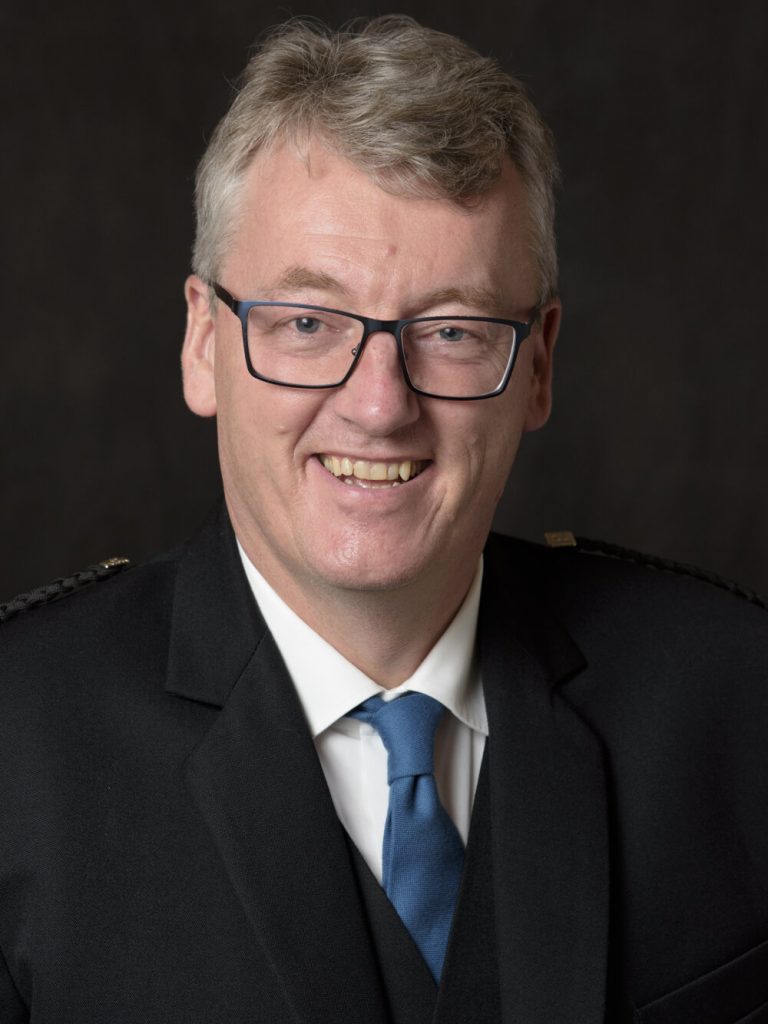
© Nobel Prize Outreach. Photo: Risdon Photography
-
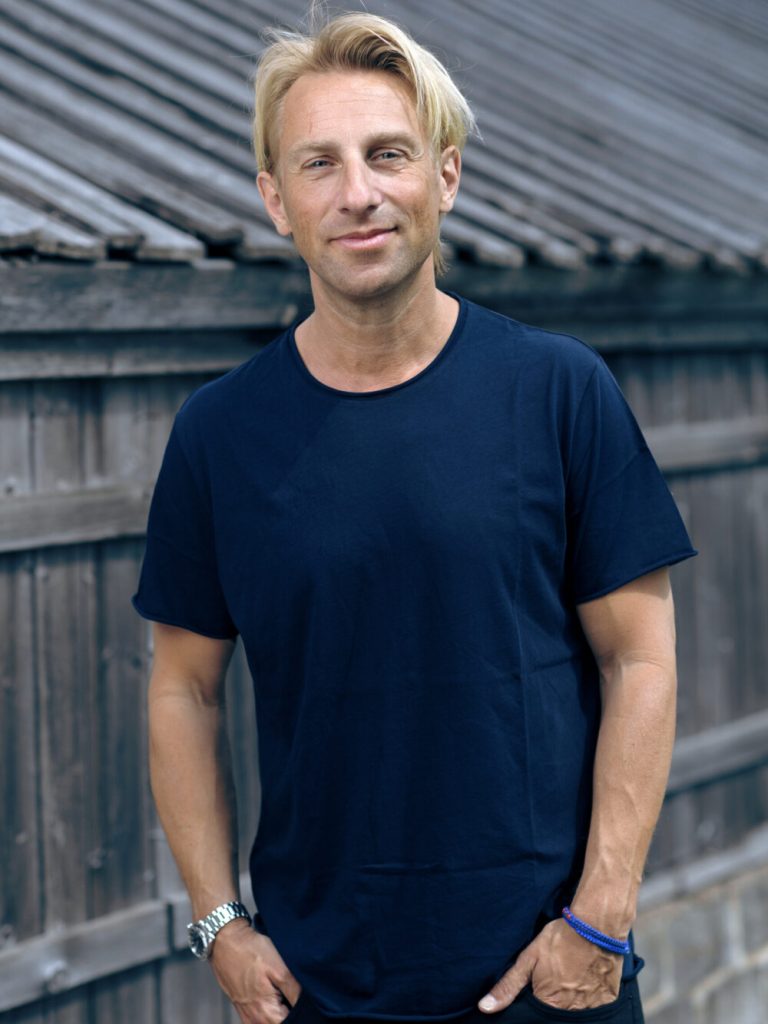
Photo: Stefan Tell
-
© Nobel Prize Outreach. Photo: Risdon Photography
-
Photo: Stefan Tell
David MacMillan
David W.C. MacMillan, born on March 16, 1968, in Bellshill, North Lanarkshire, Scotland, credits his Scottish upbringing and education for his success. He attended New Stevenston Primary School and Bellshill Academy before pursuing chemistry at the University of Glasgow, where he graduated in 1991. He then moved to the United States for graduate study, completing his PhD in 1996 at the University of California, Irvine, under the supervision of Professor Larry Overman. Following this, MacMillan joined Professor Dave Evans’ lab at Harvard University. In 1998, he established his research group at the University of California, Berkeley, before moving to Caltech in 2000. Since 2006, MacMillan has served as a professor of chemistry at Princeton University.
MacMillan shares the 2021 Nobel Prize in Chemistry with Benjamin List for their work on the development of asymmetric organocatalysis. He has dedicated his prize money to the May and Billy MacMillan Foundation, named in honor of his parents, with the intention of providing financial support to less privileged students to help finance their studies.
Read more here.
Anders Hansen
Anders Hansen is a psychiatrist, speaker, and popular TV show host with his own docuseries about the mysteries of the human brain. Hansen has published several bestselling books and is arguably Sweden’s favorite expert on the topic of the brain and health matters. To date, he has sold more than 3 million copies and spent nearly one consecutive year on the Swedish bestseller list.
-

Photo: Juliana Wiklund
-
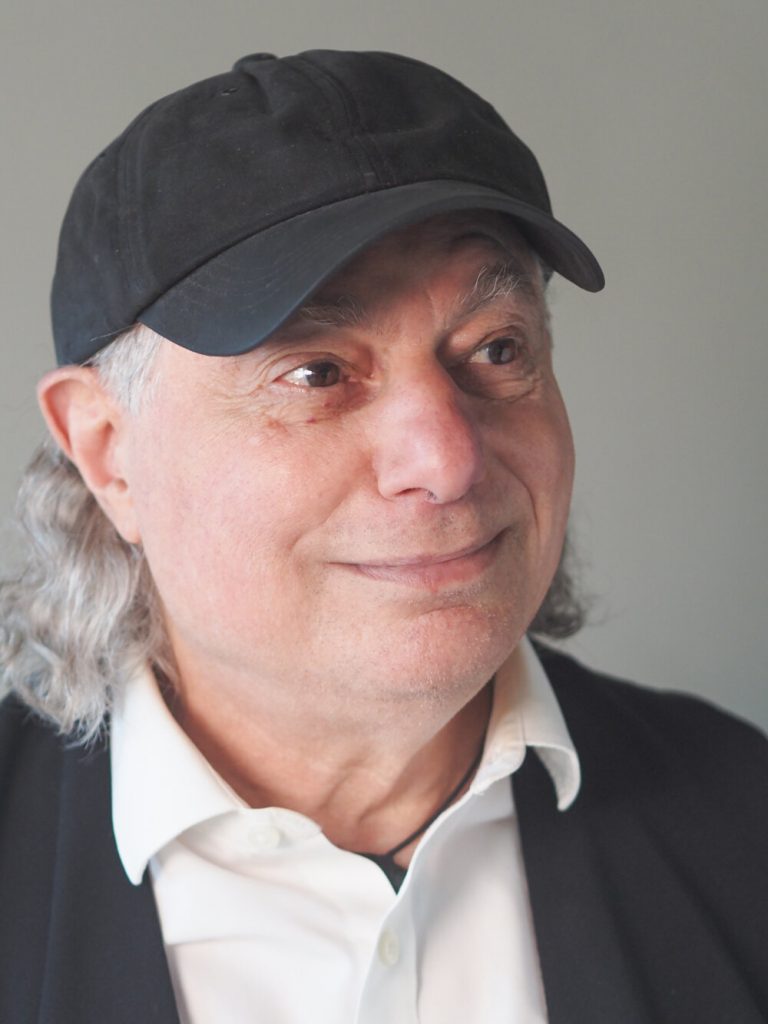
Photo: Joseph Cone
-
Photo: Juliana Wiklund
-
Photo: Joseph Cone
Lars Strannegård
Lars Strannegård is the President of the Stockholm School of Economics and a professor of business administration with a focus on leadership. His research has dealt with issues of sustainability in large organizations, questions regarding branding, and how art and culture affect organizations. He is particularly interested in how higher academic activity is affected by digitization and how educational programs and environments can be designed in ways that consider the world we live in today. He is especially interested in how the logical-scientific and aesthetic forms of knowledge relate to each other.
John H Falk
Dr. John H. Falk is Founder and CEO of the Institute for Learning Innovation and Emeritus Sea Grant Professor of Free-Choice Learning at Oregon State University. He is internationally recognized as a leading expert on free-choice learning; the learning that occurs while visiting museums, watching TV and generally going about life. For more than 50 years, Dr. Falk has been investigating why people visit places like museums, what they do there and what they take away from these experiences. He has authored over 250 articles and chapters, hundreds of technical reports and more than two-dozen books. His most recent book is The Value of Museums: Enhancing Societal Well-Being (2021, Rowman & Littlefield), which, like all of his works, emphasizes the importance of understanding the user’s perspective.
